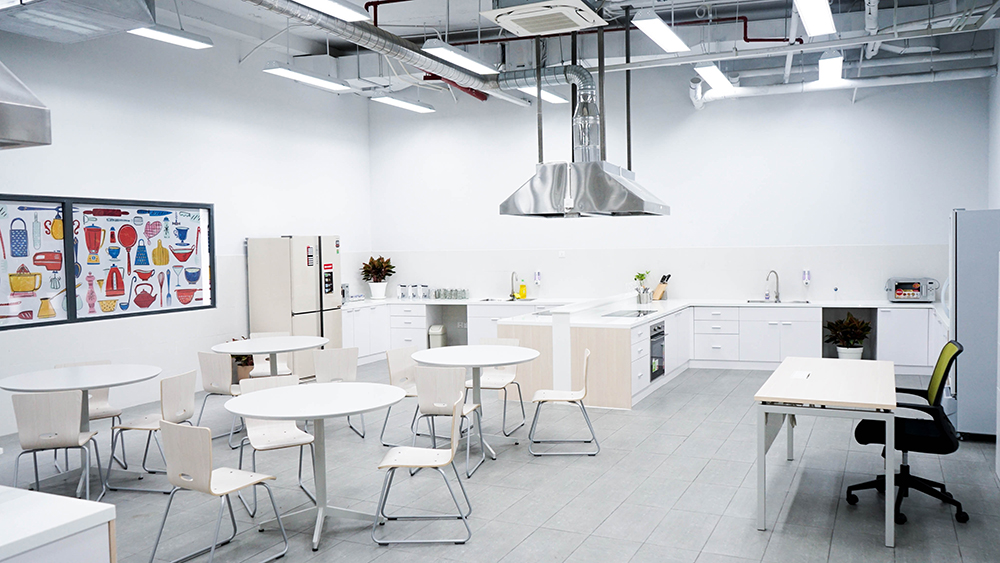When your classroom is a kitchen
Home economics is a multidisciplinary field that connects elements such as knowledge, skills, culture, systems and behaviours to enhance quality of life. Students learn about design, mindfulness, food sustainability and textile production, and the impact our decisions about food, clothing and shelter can have on the environment. The various essential skills that home economics teaches includes financial planning, cooking and nutrition, safety and overall skills in life.

When students learn how to take care of their household and themselves, it helps them to become more responsible at home. The subject also teaches students how to be savvy consumers. The consumer in home economics terms is not a person who purchases needlessly. Rather, an educated consumer will make a critical judgment about the quality of an item: what it is made from, how it is made, by whom and under what circumstances.

One of the biggest obstacles that families face today is how to eat healthily, but not spend all their savings on trying to purchase grocery items. If such things are taught at an early age, there can be many problems avoided such as health defects, obesity, lethargy and a lot more. Safety is something that seems obvious but is a very relevant topic taught in home economics. Students learn how to establish a safe environment around them. They are also taught critical, essential facts about working in the kitchen, such as the most effective way of holding a knife, what material of clothing should not be worn in the kitchen, how to make sure the stove is always attended, at what temperature should food be stored and how to clean up after you have finished cooking. When students are not educated about such things, there are many more possibilities for danger in and around us.

Good behavior and manners are also valuable skills. Yes, most children are taught to be polite, speak clearly and to respect adults since a very young age, but is that enough? Young people need to learn how to speak well and how to give orders without sounding discourteous while doing it. They need to be taught how to converse, sit and dress during a job interview.
After high school, most students go to college and end up sharing an apartment or a room with another person. Home economics teaches them how to adjust to living with someone else in such tight spaces. It teaches them how to respect each other’s privacy and how to divide various tasks like cleaning, setting up the room and shopping for grocery items.
Thanks to these lessons, parents can have a little more faith in their children when leaving them alone and sending them out into the world.




